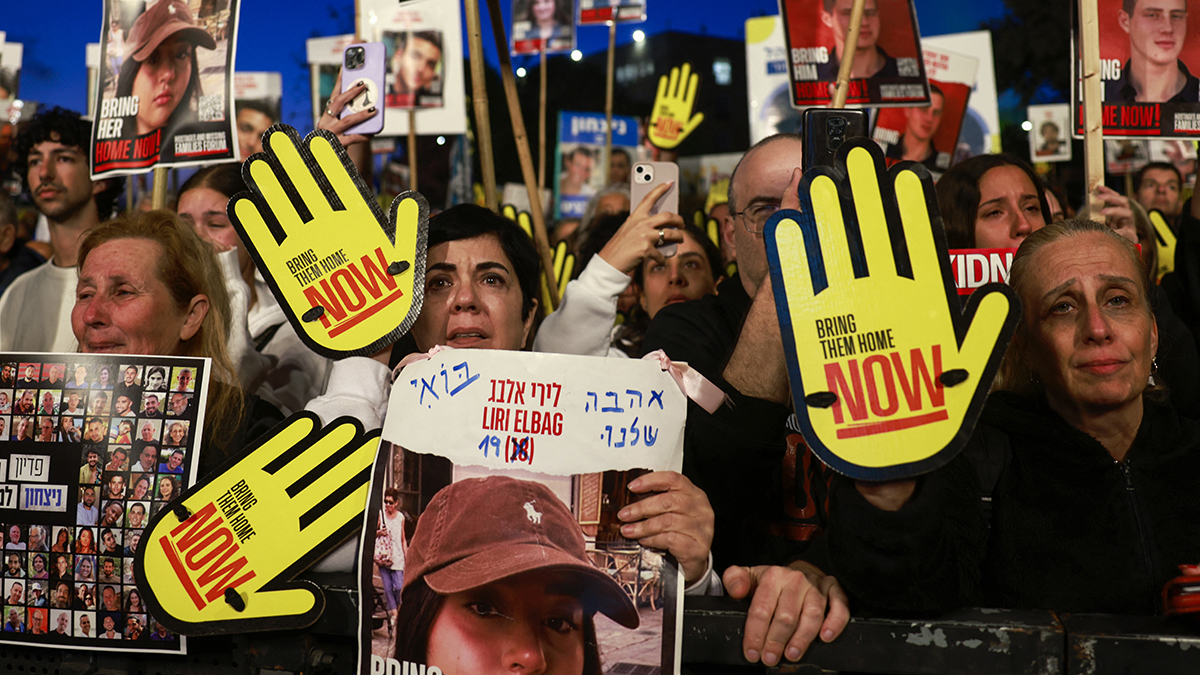Personal referrals have long been viewed as the best way for a consumer to purchase a new product or service.
When someone you trust endorses a product you're considering, that validation creates comfort and goes a long way toward facilitating the sale.
What works for cars and washing machines may also apply to political candidates.
In San Francisco, Votizen, a new social media engineering company, is adding yet another level of connectivity between social media and politics.
The experiment is taking place with the mayoral candidacy of interim Mayor Ed Lee, who hopes to win a full term in the November election.
With Votizen's technology a registered voter who commits to Lee is enabled to help the campaign through connecting with like-minded people who are found on social media sites like Facebook and Twitter.
Rather than going door and door, the individual can extol the virtues of the candidate to his or her list of people who share the same traits and interests.
U.S. & World
Think of it as a social media application of targeted mailing.
But will this new approach increase the turnout for the designated candidate, in this case Ed Lee?
That's the unknown.
It's one thing to reach out to someone, but it's quite another to convince them that your common traits should be enough to gain their vote.
Part of the difficulty may be because of the unique politics and culture in San Francisco.
To begin with, the voters in this compact city of 800,000 people must choose from among a dozen candidates; that's a lot of noise that will go well beyond the Internet.
In addition, the unique racial and ethnic decisions in San Francisco may in many cases more than offset online appeals, even if the new audiences are vetted for apparent similarities.
Some ties go back many generations.
Third, this election will include weighted voting, which means that voters will include their first, second and third choices for mayor on the ballot; so, even if the Votizen technology brings in more Ed Lee voters, there's no guarantee that second and third place choices won't be enough to overcome the first place selections.
If you're wondering whether weighted voting can prevent the front runner from obtaining enough votes to win outright, just ask Don Perata, who captured more first-place votes in Oakland's mayoral race in 2010 only to lose to Jean Quan who garnered enough second- and third- placevotes to win the prize.
Still, the San Francisco experiment is well worth watching.
As more people desert newspapers and television for online time, it only stands to reason that candidates will find more ways to insert themselves into voters' lives.
The question is, will they buy?
Let us know what you think. Comment below, send us your thoughts via Twitter @PropZero or add your comment to our Facebook page.



